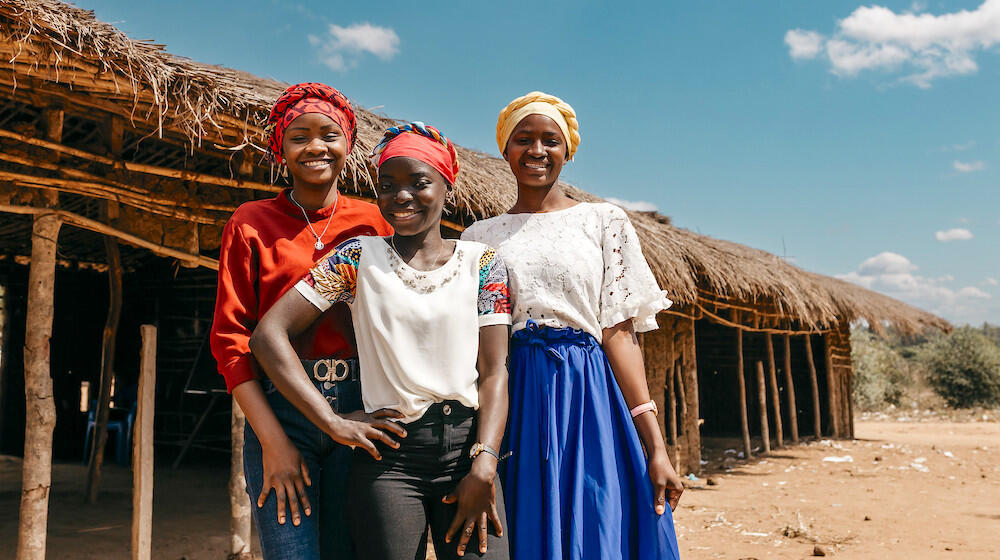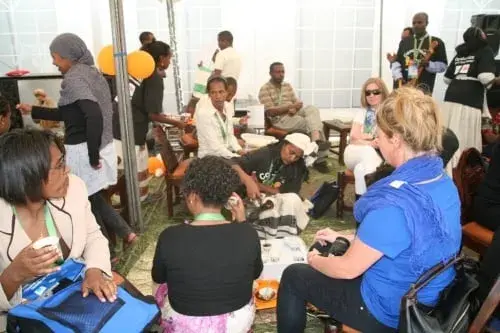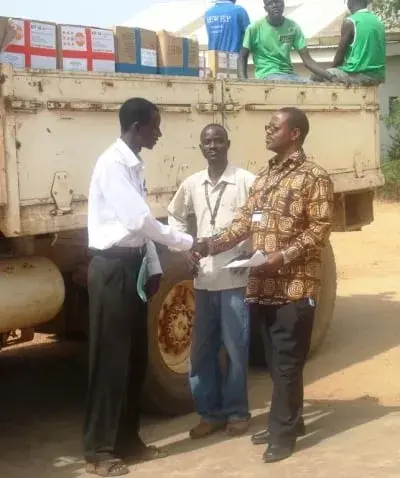Statement by Lydia Zigomo
Regional Director, UNFPA East and Southern Africa
ESARO 2022 Knowledge Sharing and Capacity Strengthening on Results-Based Management and Data for Action
Delivered by Deputy Regional Director, Chinwe Ogbonna
With its diverse group of countries and contexts, our region is unique, and it depicts the distance still to go to achieve the Sustainable Development Goals, the aspirations of the African Union's Agenda 2063, and UNFPA's transformative results. While we have achieved varying levels of progress, the unfinished business for women, adolescent girls and youth remains significant.
We are all acquainted with the bold ambition of the UNFPA Strategic Plan 2022-2025, which calls on us to Accelerate, Innovate and Motivate toward reaching the mountain top of rights and choices for all. By so doing, we would contribute to transforming the lives of women, adolescents and youth, and those left furthest behind.
We have less than eight years to go before we reach the 2030 timeline for the Sustainable Development Goals. This is important, because we know that UNFPA's three transformative results - of ending unmet need for family planning, ending preventable maternal death, and ending gender-based violence and harmful practices - contribute toward all 17 SDGs, particularly Goals 3, 5, 10, 13, 16 and 17, as well as the commitments of our Common Agenda, and the aspirations of the African Union's Agenda 2063.
At the current pace and scale, we may not achieve these, unless we challenge ourselves regarding what more we must do in leveraging results-based management and data for action in our programmes.
Allow me to pose seven questions for reflection and consideration:
- How best can we measure, track, report and communicate our progress?
- How best can we guide targeted investments for the multi-sectoral interventions required to achieve measurable results?
- How can we, in a timely manner, identify programme gaps, populations left behind and underserved geographic areas?
- How can we better anticipate disruptions and shocks that have impact on our agenda?
- How can we ensure agile and adaptive responses across the humanitarian, development and peace contexts in our region?
- How can 23 strengthen and broker the right partnerships with academia, research institutions and professional groups in ways that communicate our shared agenda and also strengthen national capacities for sustainability?
- How can we, from an RBM and Data for Action perspective, further advance the ICPD Agenda through the UN Reform as well as with continental and regional institutions?
Urgency in the scale and pace of action is critical and required of us, even as we learn, adapt, and course correct our actions in the Decade of Action.





